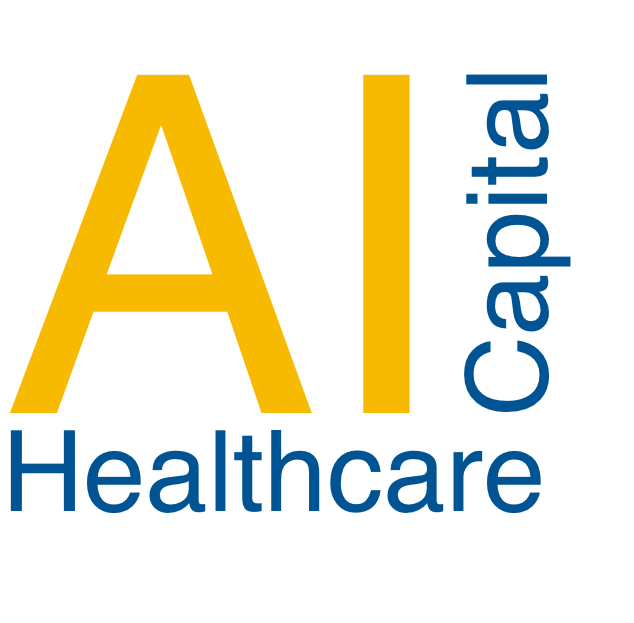by Ewelina Wołoszyn January 9, 2022
It is fact that there is a global shortage of healthcare professionals that will continue to increase, but what is more alarming is what healthcare professionals are experiencing today. Since, 2014 primary care physicians (PCP) say they are spending more time on paperwork and other administrative tasks, leading to burnout in the profession. The physicians state their primary reason for pursuing this field was to have a positive impact on patients, but these other duties weren’t a consideration for entering the field.
From various surveys, time with patients has remained about the same, but these increasing administrative tasks and the challenges brought by the COVID pandemic have additional negative impact on these healthcare professionals. Primary Care Physicians on average spend two hours on administrative tasks after their day is over. Several years ago, Electronic Health Records (EHR) seemed to be the answer, but this can and is time consuming for Primary Care Physicians.
If you look at what is happening in hospital settings, with the rise in critical care patients, including COVID patients, you can see that the problem is even greater. In a hospital, understaffing and unpredictable workload contribute to professional burnout. Healthcare professionals providing critical care to patients in a hospital must rely on charts and EHR as they care for patients, but is this enough? There are many documented cases where, due to patient volume, healthcare professionals didn’t have the time to contact the family of patients to provide updates, or gather critical information and in some cases this had a negative impact. The family is a key source of background information, information not found in a typical EHR system.
These are key areas where Artificial Intelligence (AI) can have a positive impact for healthcare workers. In the primary care setting, EHR needs to have intelligence and ease of use built in. Imagine a system that can listen and transcribe what the physician is talking to a patient about, and the intelligence in the system adds this to the EHR record during the patient visit.
In a hospital system, a family portal that is intelligently connected to the EHR and other data that the hospital staff are relying on for critical care, including other medical records from their PCP, if outside the hospital system. There needs to be a secure AI system, that connects all patient data, automate what can be automated, to truly be of benefit to healthcare professionals.
Solving this problem for healthcare professionals, will also greatly impact quality of care for patients.






